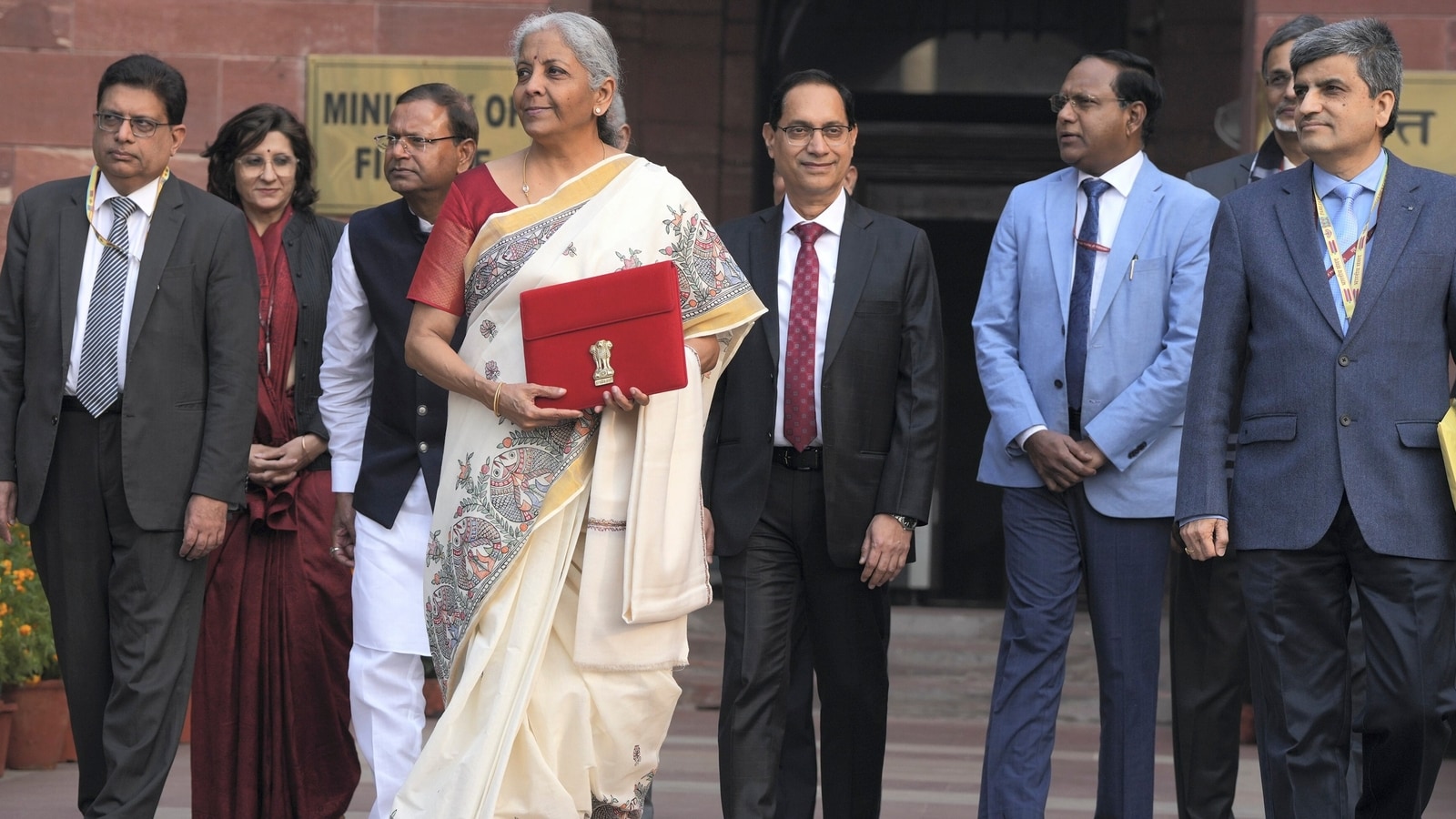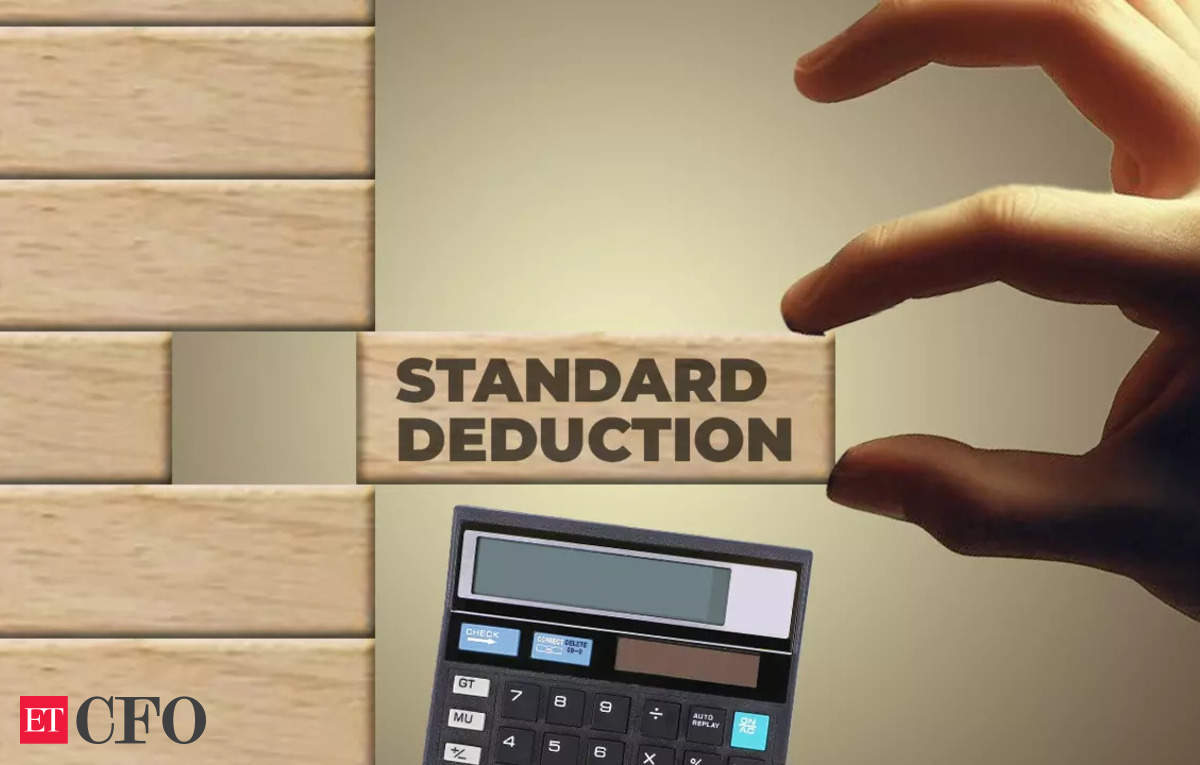SECTION 80C
Investment options, Tax-saving investments, Deductions under Section 80C, Tax benefits, ELSS, PPF, NSC, ULIP, FD, Tax-saving mutual funds, Life insurance premium, Sukanya Samriddhi Yojana, Tax-saving FDs, Tuition fees, Principal repayment on home loan, Investment planning, Income tax deductions, Public Provident Fund, National Savings Certificate, Equity Linked Savings Scheme, Tax-saving options, Tax exemption, Retirement planning, Employee Provident Fund, Tax-saving fixed deposits, Tax-saving instruments, Tax planning, Education expenses, Provident fund contributions, Infrastructure bonds, Life insurance policies, Children’s education, Long-term savings
Section 80C of the Income Tax Act in India allows for deductions on investments and expenses, reducing Taxable income by up to Rs. 1.5 lakh per year.
Click here to Read in Detail as per Income Tax Law
The Income Tax Act of 1961 in India offers a way to save taxes by investing in certain financial instruments. Every year, you can reduce the amount of your taxable income by up to Rs. 1.5 lakh through a deduction called Section 80C. This means if you invest in these instruments, you can lower the amount of income on which you have to pay taxes, helping you save money.
You can save money on taxes by doing certain Expenses and Investment which are your necessary expenditure too and can save your Tax as well. Here’s how you can do it:
Investments: Put money into things like PPF, NSC, ELSS, etc.
Expenses: Pay for life insurance, your children's school fees, repay your home loan, etc.
These actions help you reduce the amount of money you have to pay taxes on.
Section 80C offers tax-saving avenues like PPF, NSC, ELSS, life insurance premiums, and tuition fees.
Many tax-saving options are available under Section 80C of the Income Tax Act. Let’s delve into these investment avenues to understand them better.”
Choose the Right Instruments under Section 80C:-
National Pension System (NPS)
Embracing the future with financial security, NPS offers a gateway to post-retirement pensions. Available to Indian citizens aged 18 to 70, opening an NPS account unlocks the doors to a tax-saving journey. Section 80C of the Income Tax Act provides deductions on investments up to Rs. 1.5 lakh in this scheme. Moreover, an additional tax credit under Section 80CCD (1B) sweetens the deal for investments up to Rs. 50,000. As a pension-oriented plan, NPS fosters a disciplined approach, with funds locked in until the age of 60 for employed individuals, ensuring a steadfast path to a prosperous retirement.
- NPS offers a way to secure post-retirement pensions with tax benefits.
- Deductions of up to Rs. 1.5 lakh can be claimed under Section 80C.
- Additional tax credit of Rs. 50,000 under Section 80CCD (1B) for NPS contributions.
ELSS funds
ELSS, or Equity-Linked Savings Scheme, is like a special flavor of mutual funds. It puts your money into stocks and similar things. The cool part? It helps you save on taxes! Plus, ELSS funds have a lock-in period of three years. So, when you invest in ELSS, not only are you growing your money, but you’re also saving on taxes. It’s a win-win situation!
- ELSS invests in stocks and similar assets, offering tax savings with a lock-in period of three years.
- Contributions to ELSS qualify for deductions under Section 80C.
Public Provident Fund (PPF)
PPF by the Government:-The government gives you the PPF plan to save money.
Tax Perk with PPF:- Putting money in PPF lets you pay less tax under Section 80C.
Your Choice, Your Budget:- You can start with just Rs 500 or go up to Rs 1.5 lakh every year.
No Tax on Earnings:- The interest you earn on PPF is yours to keep – no tax on it!
Grow and Wait:- Your money grows every year, and after 15 years, you get it back with even more.
- PPF is a government-backed savings scheme with tax benefits under Section 80C.
- Contributions to PPF reduce taxable income by up to Rs. 1.5 lakh annually.
Life Insurance Premiums
Let’s say you contribute to a pension plan like the National Pension System (NPS). Under Section 80C, the contributions you make to NPS are eligible for deduction. However, the deduction is limited to your own contributions. You cannot claim deductions for contributions made on behalf of your spouse or parents. So, while you can save taxes on your own NPS contributions, you cannot do the same for your spouse or parents.
- Premiums paid towards life insurance policies are eligible for deductions under Section 80C.
- Deductions can be claimed for policies held for self, spouse, or children.
Five-year tax-saving Bank Fixed Deposits (FDs)
Five-year tax-saving Bank Fixed Deposits (FDs) are special savings accounts where you deposit money for a fixed period, usually five years, to save on taxes.
Tax Benefits: By investing in these FDs, you can reduce your taxable income by up to Rs. 1.5 lakh per year under Section 80C of the Income Tax Act.
Lock-in Period: Your money is locked in for five years, meaning you can’t withdraw it before that time is up.
Interest: These FDs offer a fixed rate of interest, which is determined by the bank. The interest earned is taxable.
- Special FDs with a lock-in period of five years offer tax benefits under Section 80C.
- Investments in these FDs reduce taxable income by up to Rs. 1.5 lakh per year.
Claim tax deduction for EPF contribution
If you contribute to the Employees Provident Fund (EPF), your employer typically matches your contribution, adding an equivalent amount. This means a combined contribution of 12% of your base salary each month. The funds are managed by either the provident fund trust of your company or the government. Additionally, your EPF contribution might be deducted from your taxable income, offering you potential tax benefits.
- EPF contributions made by employees qualify for tax benefits.
- Contributions may be deducted from taxable income, reducing tax liability.
Sukanya Samriddhi Account
Let’s say you open a Sukanya Samriddhi Account for your daughter. Under Section 80C, any money you deposit into this account can be deducted from your taxable income, helping you save on taxes.
The account can be opened for a maximum of two girls, and if you have twins, the third child is also eligible for this benefit.
Now, here’s the catch: With this investment, there are additional requirements. These requirements may include things like maintaining the account until your daughter turns 21, and using the funds for her education or marriage expenses.
In simple terms, opening a Sukanya Samriddhi Account is a great way to save for your daughter’s future while also enjoying tax benefits.
- Deposits made into Sukanya Samriddhi Account for daughters are eligible for deductions under Section 80C.
- Account must be maintained until the daughter turns 21, with specific usage requirements.
National Savings Certificate (NSC)
Suppose you invest Rs. 10,000 in NSC for a period of 5 years. Since NSC falls under Section 80C, you can claim a deduction of up to Rs. 10,000 from your taxable income for that financial year. This means the amount you invest in NSC won’t be included in your taxable income, reducing the tax you need to pay.
- NSC investments offer deductions under Section 80C.
- Investments in NSC reduce taxable income by the invested amount, up to the specified limit.
Unit Linked Insurance Plan(ULIP)
A Unit Linked Insurance Plan (ULIP) is a unique financial product that combines the benefits of insurance and investment under a single integrated plan. Under Section 80C of the Income Tax Act of India, premiums paid towards ULIPs are eligible for tax deductions, up to a maximum limit of Rs. 1.5 lakh per annum. This means that the premiums paid towards ULIPs can be claimed as deductions from the total taxable income, thereby reducing the tax liability of the policyholder. Additionally, ULIPs offer the flexibility to invest in various funds such as equity, debt, or balanced funds, allowing policyholders to tailor their investment strategy according to their risk appetite and financial goals. With the dual advantage of tax savings and wealth creation, ULIPs serve as a popular choice for individuals seeking long-term financial security with tax benefits.
- ULIP premiums qualify for deductions under Section 80C, up to Rs. 1.5 lakh per annum.
- Combines insurance and investment benefits with tax savings.
Senior Citizens Savings Scheme (SCSS)
The Senior Citizens Savings Scheme (SCSS) is a special savings scheme designed for elderly individuals aged 60 years or above. It offers a safe and attractive investment avenue with tax benefits under Section 80C of the Income Tax Act. Senior citizens can invest a lump sum amount in this scheme and earn a fixed interest rate, which is usually higher than regular bank savings accounts. The investment in SCSS qualifies for tax deductions up to Rs. 1.5 lakh per year under Section 80C, helping senior citizens reduce their tax liability. This scheme provides financial security and stability for older individuals while also offering tax-saving benefits to them.
- SCSS is designed for elderly individuals aged 60 years or above, offering tax benefits under Section 80C.
- Investments in SCSS reduce taxable income, providing financial security for senior citizens.
Home Loan Principal Repayment
Home loan principal repayment is eligible for deduction under Section 80C of the Income Tax Act. Taxpayers can claim deductions for the principal component of the home loan EMI (Equated Monthly Installment) up to a maximum limit of Rs. 1.5 lakh per financial year. This deduction is available for individuals and Hindu Undivided Families (HUFs) who have taken a home loan for the purchase or construction of a residential property. Claiming this deduction helps reduce taxable income, thereby lowering the tax liability of the taxpayer. It’s essential to note that this deduction is available only for the repayment of the principal amount and not for the interest component of the home loan.
- Repayment of the principal component of home loans qualifies for deductions under Section 80C.
- Deduction available up to Rs. 1.5 lakh per financial year for individuals and HUFs.
Life Insurance Premium
Premiums paid towards life insurance policies are eligible for tax deductions under Section 80C of the Income Tax Act. This provision allows taxpayers to claim deductions on the premiums paid for life insurance policies purchased for themselves, their spouse, or their children. However, premiums paid for life insurance policies taken out on behalf of parents or parents-in-law do not qualify for this deduction. Taxpayers can avail of this benefit for multiple life insurance policies held by them, as long as the total deductions claimed do not exceed the maximum limit of Rs. 1.5 lakh per financial year specified under Section 80C. This deduction provides taxpayers with an incentive to secure their family’s financial future through life insurance while also reducing their taxable income.
F&Q
1.Who can claim deductions under Section 80C of the Income Tax Act, 1961?
Individuals and HUFs are both eligible for Section 80C deductions. This section also applies to both Indian residents and non-resident Indians. Companies, partnerships, and other corporate bodies are not eligible for the deduction.
2.Does the premium paid for term insurance qualify for deduction under Section 80C of the Income Tax Act?
Yes, the premium paid for term insurance qualifies for deduction under Section 80C of the Income Tax Act.
3.Is the premium paid for personal accident insurance eligible for deduction under Section 80C of the Income Tax Act, 1961?
It’s essential to clarify that while Section 80C of the Income Tax Act, 1961 covers various types of life insurance premiums, including those for term insurance policies, endowment policies, and ULIPs (Unit Linked Insurance Plans), it typically does not cover premiums for personal accident insurance. Personal accident insurance is considered a separate category of insurance and usually doesn’t fall under Section 80C deductions.
4.Is the premium paid for term insurance for deduction under Section 80C?
Yes, the premium paid for term insurance is eligible for deduction under Section 80C of the Income Tax Act. Section 80C allows individuals and Hindu Undivided Families (HUFs) to claim deductions on various investments and expenses, including term insurance premiums, up to a maximum limit of Rs. 1.5 lakh per financial year. This deduction helps taxpayers reduce their taxable income, thereby lowering their overall tax liability. It’s important to note that the sum assured for term insurance must be at least 10 times the annual premium paid to qualify for tax benefits under Section 80C.
5. Can we claim Stamp duty charges under Section 80C:
Yes, you can claim a tax deduction on stamp duty and registration charges paid for the property transfer. You can claim this deduction under section 80C of the Income Tax Act 1961, up to a maximum amount of Rs 1.5 lakhs. If there are co-owners in the property, all of them can claim this deduction on stamp duty payment.
6.limitation of section 80c?
The limitation for Section 80C deduction is a maximum of Rs. 1.5 lakh per financial year. This means that taxpayers can claim deductions of up to Rs. 1.5 lakh on various investments and expenses specified under Section 80C of the Income Tax Act, 1961.
7.What is the proof required for 80C deduction?
For claiming deductions under Section 80C of the Income Tax Act, taxpayers typically need to provide proof of the investments or expenses made during the financial year. This proof may include documents such as investment statements, receipts, payment acknowledgments, or certificates issued by the respective investment providers or financial institutions. It’s crucial to retain these documents as they serve as evidence to support the deductions claimed during the tax assessment process.
8.Is it possible to claim deductions exceeding 1.5 lakh under Section 80C?
The maximum deduction under Section 80C, 80CCC and 80CCD(1) put together is Rs 1.5 lakhs. However, you may claim an additional deduction of Rs 50,000 allowed u/s 80CCD(1B) for contributions made to NPS. Thus, the maximum deduction limit is Rs 2 lakhs under Section 80C+80CCC+80CCD(1) + Section 80CCD(1B).











